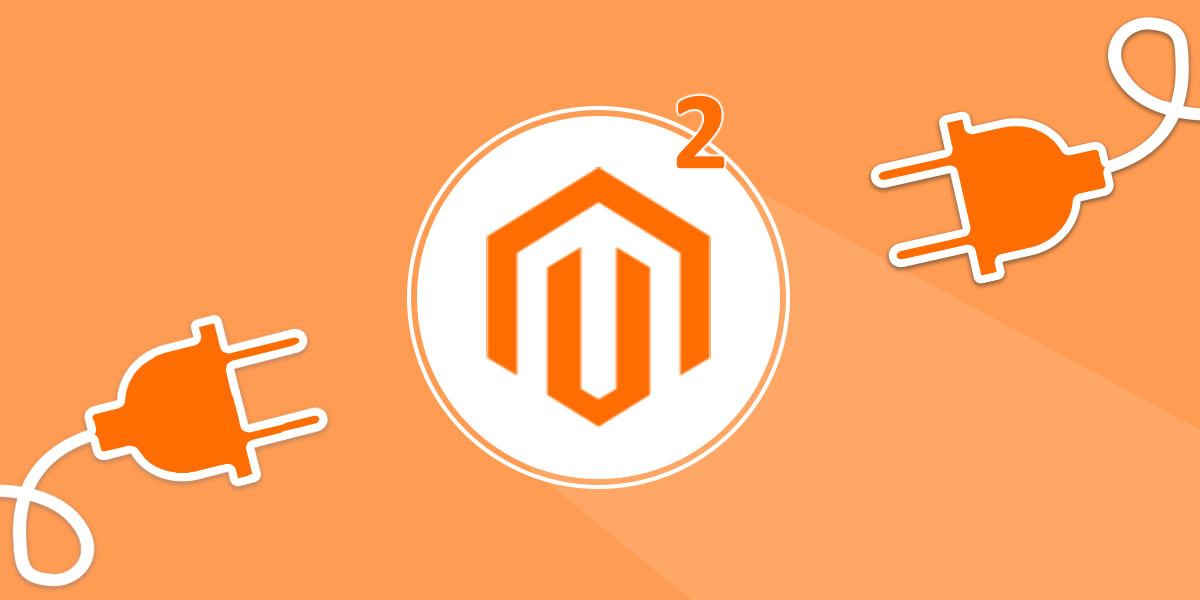How to create Inceptor or Plugin in Magento 2

Today we learn how to create Inceptor or plugin in Magento 2. At development time we need to change some function behavior so Magento provides a plugin for it.
A Plugin or Inceptor allows change behavior of any public class or method by intercepting a function call and running code. Plugins are only used for “public methods”.
Types Of Plugins In Magento 2
- Before Plugin
- After Plugin
- Around Plugin
Why we use Interceptors or Extension in Magento 2?
- we can change the behavior of the same class or method
- The plugin can be called sequentially according to sort order, so conflict with other plugin class can be avoided.
- No issue of rewriting the system
- Customize the same method in different modules.
- Ability to modify the return value of any public method.
- Ability to modify the arguments of any public method.
- Plugins do not conflict with other plugin classes.
The Magento 2 Plugins can’t be used with:
- Non-public methods (Protected & Private)
- Static methods
- Final Methods
- Final classes
- Virtual Types
- Any class that has at least one final public method
- Objects that are instantiated before Magento\Framework\Interception is bootstrapped
- __construct and __destruct
Declaring a plugin
A plugin can be declared in the di.xml file in your module.
app/code/VendoreName/ModuleName/etc/di.xml
<config>
<type name="{ObservedType}">
<plugin name="{pluginName}" type="{PluginClassName}" sortOrder="1" disabled="false" />
</type>
</config>
- type name: A class or interface which the plugin observes.
- plugin name An arbitrary plugin name that identifies a plugin. Also used to merge the configurations for the plugin.
- plugin type: The name of a plugin’s class or its virtual type. Use the following naming convention when you specify this element: \Vendor\Module\Plugin\<ClassName>.
- plugin sortOrder: Plugins that call the same method run them using this order. (Optional)
- plugin disabled: To disable a plugin, set this element to true. The default value is false. (Optional)
<type name="Dolphin\PluginDemo\Controller\Index\PluginExample">
<plugin name="demo_plugin" type="Dolphin\PluginDemo\Plugin\PluginDemo" sortOrder="1" disabled="false" />
</type>
For example, the following code defines type name, we created PluginExample.php file at app/code/Dolphin/PluginDemo/Controller/Index/PluginExample.php
if you don’t know how to create module click here
<?php
namespace Dolphin\PluginDemo\Controller\Index;
class PluginExample extends \Magento\Framework\App\Action\Action
{
protected $title;
public function execute()
{
echo $this->setTitle('Welcome Plugin');
echo $this->getTitle();
}
public function setTitle($title)
{
return $this->title = $title;
}
public function getTitle()
{
return $this->title;
}
}
Find here for more plugins: Magento 2 Extension
1) Before Plugin
- Before plugin are used whenever we need to change the arguments of the method or need to add some behavior before a method is called.
- The first method to run is an observed method.
- Before plugin is called by adding the prefix ‘before’ to the method name and setting the first letter of the original method to capital.
- It lets you modify the parameters that will be used.
- Example
<?php
namespace Dolphin\PluginDemo\Plugin;
class PluginDemo
{
public function beforeSetTitle(\Dolphin\PluginDemo\Controller\Index\PluginExample $subject, $title)
{
$title = $title." Before plugin method is calll</br>";
return [$title];
}
}
2) After Plugin
- After Plugins are used whenever we need to change the arguments of method or need to add some behavior after a method is called.
- Starts running after the observed method is finished
- After Plugin is called by adding the prefix ‘after’ to the method name and setting the first letter of the original method to capital.
- It let you modify the output
- Responsible for editing the results of an observed method in the right way and must have a return value.
- Example
<?php
namespace Dolphin\PluginDemo\Plugin;
class PluginDemo
{
public function afterGetTitle(\Dolphin\PluginDemo\Controller\Index\PluginExample $subject, $result)
{
echo "After plugin method call</br>";
return $result . 'Modify Result';
}
}
3) Around Plugin
- Around Plugin run before and after the observed method.
- Allows overriding a method
- Around Plugin change both the arguments and the returned values of the observed method or add behavior before and after the observed method is called.
- Around listener is called by adding the prefix ‘around’ to the method name and setting the first letter of original method to capital.
- It must have a return value
- Example
<?php
namespace Dolphin\PluginDemo\Plugin;
class PluginDemo
{
public function aroundGetTitle(\Dolphin\PluginDemo\Controller\Index\PluginExample $subject, callable $proceed)
{
echo "Around Method Call"
$result = $proceed();
echo "Around Method Call over"
return $result;
}
}
Plugins are commonly used in Magento development.
I hope this helps you. For any doubts regarding this topic, please write your doubts in the comments section.
